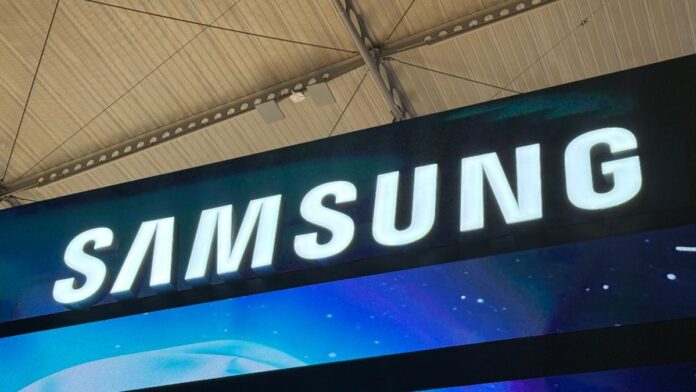Samsung recently began beta testing its AI-powered coding assistant within its Device eXperience division
In sum – what to know:
AI-enabled development – Samsung will roll out its open-source coding assistant Cline next month, after testing it within the DX division’s mobile, TV and home appliance teams.
Enterprise-wide AI strategy – A newly formed AI productivity innovation group will oversee companywide infrastructure and promote AI tool adoption to increase efficiency.
Next-gen assistant – Unlike traditional tools, Cline supports complex software development tasks via natural language, enabling faster and more intelligent coding workflows.
Korean company Samsung Electronics announced it will deploy its AI-powered coding assistant, Cline, to software development teams starting next month with the main aim of enhancing productivity and accelerating AI integration across the company’s operations, Korean press reported.
According to an internal communication, the Korean vendor recently began beta testing Cline within its Device eXperience (DX) division, which oversees mobile devices, televisions and home appliances. The vendor plans to continue internal testing through the end of June and is targeting an official launch in July, according to the reports.
Cline is an open-source AI tool that supports developers by allowing them to write, modify and test code using natural language instructions. Unlike earlier-generation coding tools designed for simpler tasks, Cline is capable of handling more sophisticated development workflows, helping teams work faster and more efficiently, the report added.
As part of its broader transformation into an AI-driven organization, the vendor has also created a dedicated AI productivity innovation group within the DX division. This new unit works as a central hub for developing enterprise-wide AI systems and infrastructure while guiding the adoption of AI tools across Samsung’s departments.
In March 2024, Samsung Electronics had announced its collaboration with Nvidia to advance AI-driven Radio Access Network (AI-RAN) technologies. This joint effort reflects Samsung’s strategy to diversify computing platforms and build a scalable AI ecosystem by strengthening partnerships with both CPU and GPU providers.
Since early 2024, the Korean company said it has leveraged its in-house expertise in AI and radio technology to drive major breakthroughs in the AI-RAN field. A key milestone occurred last year with the successful demonstration of interoperability between Samsung’s O-RAN-compliant virtualized RAN (vRAN) and Nvidia’s accelerated computing platform at Samsung Research labs, the Korean company said. The proof-of-concept showcased how Nvidia’s GPU-accelerated hardware can integrate with software-centric mobile infrastructure to elevate AI capabilities in real-world networks, the vendor added.
This integration enables the company to offer AI-powered RAN by combining its virtualized Distributed Unit (vDU) with Nvidia’s accelerated computing on commercial-off-the-shelf (COTS) servers running Samsung’s vRAN software.
At MWC 2025, which took place in Barcelona, Spain, earlier this year, the vendor displayed this AI-RAN synergy through live demonstrations, highlighting scenarios like AI-driven physical uplink shared channel (PUSCH) estimation and non-uniform modulation. These innovations were developed in collaboration with members of the AI-RAN Alliance, including Nvidia, and endorsed by the organization, explained Samsung.
Samsung and Nvidia said they will continue exploring optimized combinations of AI-RAN configurations—utilizing Samsung’s vRAN in tandem with Nvidia’s Grace CPUs and GPU-powered platforms built on CUDA technologies. These configurations aim to suit a wide range of deployment environments, from rural and suburban to dense urban areas.
“While AI is reshaping the telecommunications landscape, Samsung is helping operators to build the right network architecture and environment where AI can thrive, all powered by our proven and AI-powered vRAN,” said June Moon, executive vice president and head of R&D at Samsung’s networks business. “This collaboration with Nvidia signifies our continued efforts to expand GPU and CPU ecosystem, and we look forward to exploring more possibilities in the future.”
As a founding member of the AI-RAN Alliance established in 2024, Samsung also noted it remains deeply involved in shaping the future of AI in telecom through collaboration with top industry players and academic institutions.

